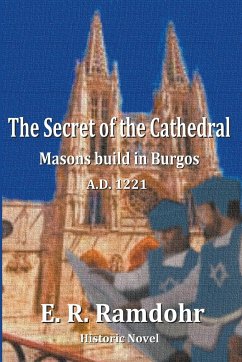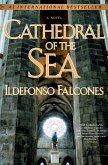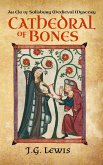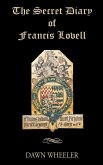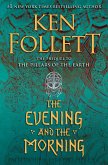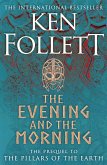Since ancient times there have been brotherhoods of builders, who were the only ones who knew the art of construction. In Rome they were called "Caementarius", in France "Macons", in England "Freemasons" and in Germany "Freimaurer". These lodges transmitted their knowledge, like inviolable secrets, between the brothers. But, in addition, they were highly educated men, who contributed to the development of culture at a time when it was on the ground. They were the only ones qualified to build churches, palaces, castles and bridges, so they enjoyed special privileges, they received very good pay for their work, they had the right to travel through the countries of Europe, to meet in secret sessions and they did not pay taxes. Neither the state nor the Church. We know very little about them, because they left few written testimonies or, perhaps, because the Church destroyed them, for being very liberal in thought. During the Middle Ages it was they who built the magnificent Gothic-style cathedrals, which remain to this day. In this novel, a freemason of German origin comes to work on the construction of the Burgos cathedral and decides to leave his story for posterity. Thus we know, both the way they faced his work, as well as his personal life and his relationships with the representatives of earthly and divine power.
Hinweis: Dieser Artikel kann nur an eine deutsche Lieferadresse ausgeliefert werden.
Hinweis: Dieser Artikel kann nur an eine deutsche Lieferadresse ausgeliefert werden.

